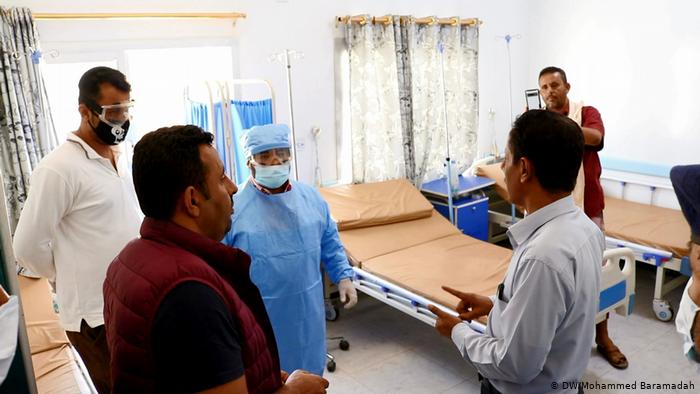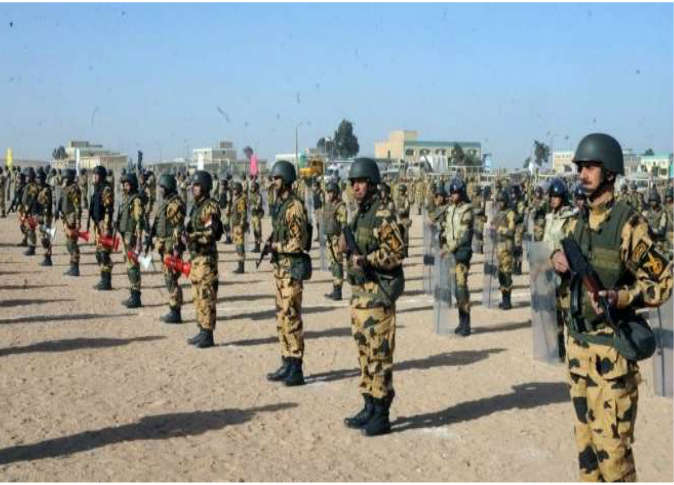Dr. Rashwan Shaaban remembers bitterly the two or three days that Banha University Hospital kept its doors closed. On one of those days, there was an accident on a nearby highway in Qalyubiya Governorate. People were injured, but they could not receive treatment.
The hospital was shuttered because it had been attacked days before, said Shaaban, a member of Doctors Without Rights, which advocates improving healthcare in Egypt.
According to Shaaban and many other doctors, attacks by thugs, vigilantes and criminals are becoming a common occurrence in Egypt, presenting a grave threat to healthcare access. Meanwhile, the interim government appears to be doing little to stop the problem.
Interim Minister of Health Ashraf Hatem announced in May that 80 percent of Cairo and Alexandria public hospitals are secured by police accompanied by military forces. Hatem promised that all Egyptian hospitals would be secured by 10 May, the day doctors launched a one-day strike calling for, among many other demands, improved security at hospitals. The prime minister and ruling military council also promised that safety conditions at hospitals would improve.
But two months later, doctors complain that attacks on hospitals continue and that security is insufficient.
Since a countrywide security vacuum began during the uprising on 28 January when police withdrew from the streets, criminals have tried to intimidate doctors and patients or force doctors to treat their relatives at gunpoint. In other cases, people have attacked hospitals to assault patients in vendetta cases.
“Policemen securing hospitals are afraid to interfere in any clash,” says Dr. Ihab Ismail of the Mounira Public Hospital in Cairo. “So when an attack happens, they hide inside and change their uniforms so attackers will not recognize them.”
Meanwhile, Ismail says, military police are unarmed and few in number, meaning they can also do little do fend off attackers.
“It is a punishment for Egyptians who carried out the revolution,” said Shaaban, referencing a common conspiracy theory that counterrevolutionary forces are releasing thugs and gangsters to terrify people so they will miss the relative safety under Hosni Mubarak.
Dr. Ramy Fouad of the Doctors’ Youth Coalition, a group seeking better working conditions for physicians, said that although police and military police were sent to guard hospitals, they went with no orders to use their guns if attacks take place.
“Security at hospitals is only a formality,” he said.
Since these attacks began, Minya Public Hospital in Upper Egypt has seen what was arguably the worst hospital violence.
On 23 May two gunmen attacked the hospital and brutally killed a patient who was receiving treatment. The attackers then removed his entrails and liver and carried them through the streets. The attack was part of a feud between two men and their families.
One of the doctors at Minya Public Hospital said that the military police securing the area were not armed.
Dr. Nabil El Garhy, Head of Doctors’ Syndicate in Minya, said that the lack of sufficient government security is the problem. “[The police] say they had not received orders to open fire on attackers,” Garhy said, according to a report by the Egyptian Initiative for Personal Rights (EIPR), an independent human rights independent organization.
Seven Egyptian human rights organizations sent a letter to the minister of health expressing concern about the deteriorating level of security at hospitals even after Hatem’s statements.
The letter also referred to an attack on Arish Public Hospital in June. “During the assault there were only two members of the military police to secure the hospital and, of course, they did not try to fight off the attack because they were only two in the face of dozens of attackers," a doctor who witnessed the assault told EIPR.
Shaaban demanded that public hospitals receive similar security to Police and Armed Forces’ hospitals. “Ordinary people should be on top of the officials’ agenda,” he said.
Fouad believes that there is a clear path forward to securing Egypt’s hospitals. “Officials should start with a short-term solution by placing an armed policeman at every hospital with orders to open fire on attackers,” he said.
Lieutenant Colonel Ahmed Mashaly of the General Coalition of Police Officers, a reform movement within the police force, said police do not need orders to fight off attacks. He said that the “Code of Criminal Procedures” gives policemen the right to open fire on attackers, especially armed ones.
However, he says there are reasons police are afraid to take up arms against attackers. “They are just afraid because they are witnessing their colleagues going to jail for defending police stations or other institutions,” Mashaly said, referring to the debate about whether or not policemen should open fire on people attacking state institutions.
This fear has contributed to the lack of security throughout Egypt. Even though police have reappeared since their evaporation in January, people are still skeptical about their real performance.




